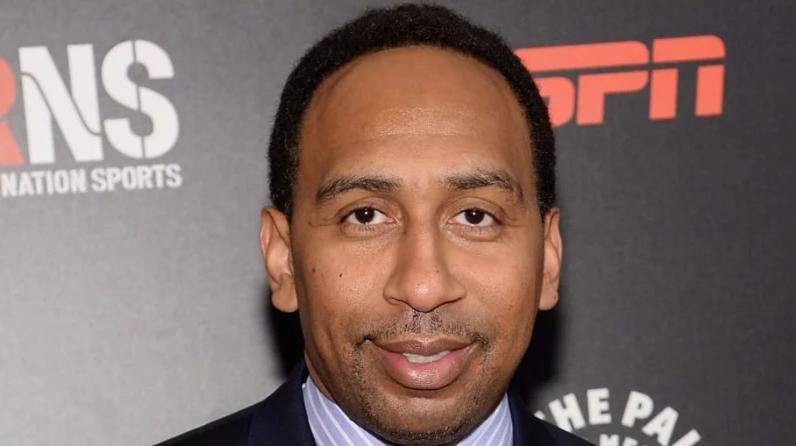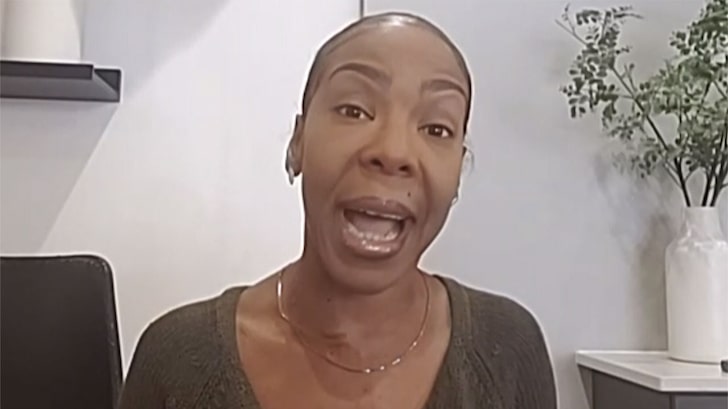
*In this special edition of The Living Legends Series, EURweb.com contributor Gwendolyn Quinn talks with music executive pioneer Miller London. On October 6, The Living Legends Foundation will honor London with the Chairman Award at its 25th anniversary gala at the Taglyan Cultural Complex in Hollywood.
London shares his journey from Motown Records’ first black sales executive to his new business venture in his hometown of Detroit. After his 21 year tenure at Motown, London served as the Executive Vice President and General Manager of A&M Records’ Black Music division. He was also the group president of Urban Network trade magazine. After nine years at Urban Network, he purchased the music industry’s leading black publication from then owners, Clear Channel Communications. Today Urban Network magazine functions as a digital outlet focusing on music and entertainment.
Gwendolyn Quinn:
Please tell our readers how you secured the position of the first African- American sales executive at Motown Records in 1969 while they were headquartered in Detroit. And how was the racial climate and experience for you at that time?
Miller London:
A close friend named Joe Louis (not the boxer) was working for Motown. He and I previously worked together at a Ford dealership. He would bring his car into the dealership to be serviced where I was the night manager. We often talked about getting me on as a sales person at the label. A few years passed and I got the call. Motown’s sales staff was all white and the consensus was that the all white-owned distribution system would not deal with a black sales person. I found out later that Berry would no longer agree with that and he insisted that it happen. Enter Miller London. I came on board with little or no direction on how to do my job. The bulk of my distributors were in the south where racial tensions were still high. I found that I had no problems dealing with the distributors on the phone, as they did not know that I was black, since they were used to dealing with white sales people and ‘Miller London’ was not the stereotypical black name. It was a different story when we met in person. It was like “What the hell?” I was set up for failure. This young, frail, inexperienced black kid will not make it. What they did not count on was this kid was so proud and overjoyed to be working for the hometown iconic record company that nothing was going to keep him from making it work.
GQ: What has been your biggest accomplishment and most rewarding experience at Motown Records?
ML: There were so many in my 21 year journey, but I have to say becoming Executive Vice-President and General Manager of the company (my goal was President), and being able to help guide the careers of superstar acts. But the most rewarding was being written about in Berry Gordy’s book and my character being included in his Broadway show “Motown The Musical.” Millions of people from around the world were given the opportunity to share in a small part of my history with Motown.
GQ: What was your most challenging time(s) at Motown Records?
ML: The early years when I had to endure the racist tensions as I traveled the country and when our artists were being pillaged in an attempt to weaken the company’s roster. To see so many artists leave for what they thought were greener pastures. The ultimate challenge was to see the company being sold in 1988.
GQ: What was the best advice you received from Berry Gordy?
ML: The best advice was that as a Motown employee, we had to be better than our competition and that competition breeds champions. As a young person, that philosophy became the root of my life and I shared that with everyone who listened.
GQ: After spending 21 years at Motown Records, and then moving on to work at other major labels, how was your experience different compared to Motown?
ML: Motown was a family business and everyone felt like a member of the family. Any person that worked there had a sense of ownership. There are few, if anyone you might meet who was a part of this Motown experience who would not share that same feeling. When I went to other companies, it was more like a 9 to 5 job. You did a great job because it was what was expected of you. I tried and most of the time was able to recreate that feeling with my staff and co-workers, but it was still not Berry Gordy’s Motown.
GQ: A record breaking number of African American executives lost their jobs in the late 90s and beyond. What do you think contributed to the demise of African American executives at the record labels over the past 15 years?
ML: Because of the changes at radio and retail climate, our hands-on relationships began to be less and less needed and we had fewer and fewer people that looked like us at the top. Those at the top who tried to protect us were soon weeded out and there was no one left at the top to help move us up the corporate ladder. Some black executives lost their jobs because there were threats to their white counterparts. And others were labeled racist. Imagine a racist trying to preserve black jobs! There were still other things that contributed, but that is a book yet to be written.
GQ: What advice do you have for young African American executives interested in pursuing a career in the record/music industry?
ML: Don’t be afraid to accept challenge, treat it like a business. Don’t forget experience is the best teacher, so don’t be afraid to reach out to some of those old school executives to help you navigate those bumpy roads. Knowledge is king. Finally always reach for the moon because if you don’t make it, you will always fall among the stars.
GQ: If you were planning and organizing a music conference today, what would you do differently from the traditional urban music conferences of the 80s and 90s? What new platforms would you offer and why?
I am involved in the new Urban Network Digital conference that is an offspring of the Urban Network conference. We had the third conference this past June in San Diego after being absent from the market for five years. It is being run by Arthur Mitchell, my former VP of sales and marketing executive David Mitchell, our former editor. What we did was make it more informational with panels that address the new business of music, that include digital marketing, social media, music publishing (where the money is today) and making it accessible to the public. We also have panels leaning toward independent artists and labels. We live in an instant, I-got-to-have-it-now world, so you have to serve that market. The Internet and social media is the way.
GQ: Tell our readers about your new venture and goals with Russell Street Entertainment/CEG Music.
ML: It started out as a way to keep me connected with the industry, but now I hope that one day, if I can recreate one tenth of what Berry Gordy did through the 60s, 70s and 80s, that would be my swan song.
GQ: What are you most optimistic about in black music?
ML: Black music will always be a part of the musical fabric. We will see that more and more artists will have a chance to be creative and get it to the masses. My advice to them all is that music is a natural teacher, so be careful of what you teach. Be real, but positive and create change. Berry Gordy did.

Gwendolyn Quinn is an award-winning media specialist with a career spanning over 25 years. She is the founder of the African American Public Relations Collective (AAPRC) and the publisher of Global Communicator. Her weekly columns, “Inside Broadway with Gwendolyn Quinn” and “My Person of the Week” are published with EURweb.com. Quinn is also a contributor to Souls Revealed and Handle Your Entertainment Business. Contact her at [email protected].
We Publish News 24/7. Don’t Miss A Story. Click HERE to SUBSCRIBE to Our Newsletter Now!





